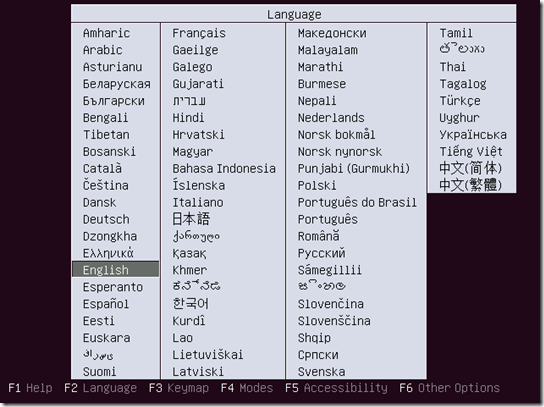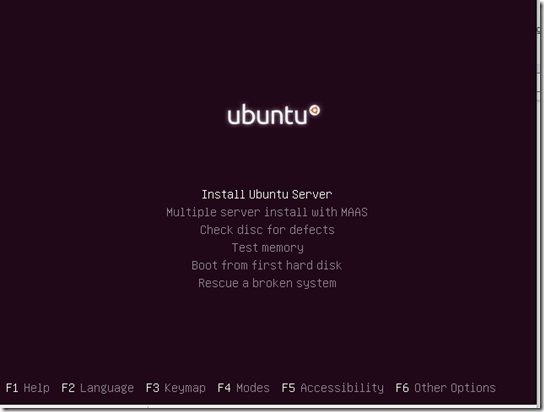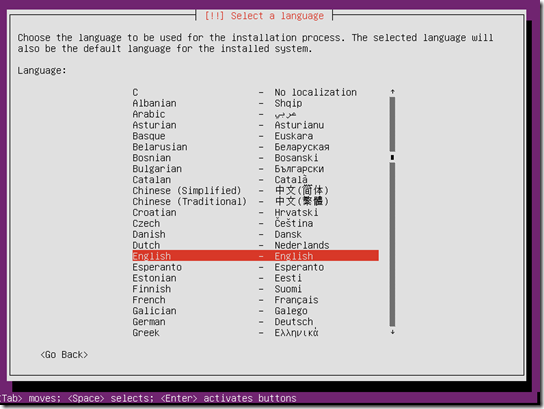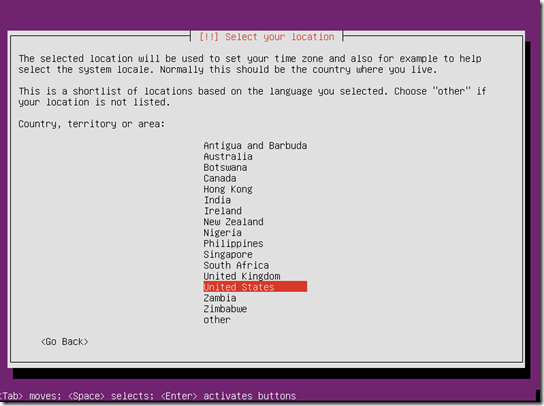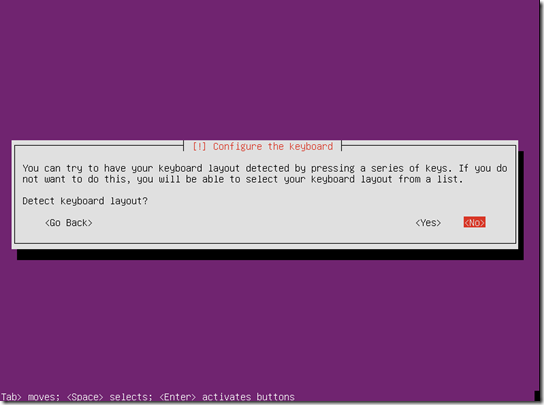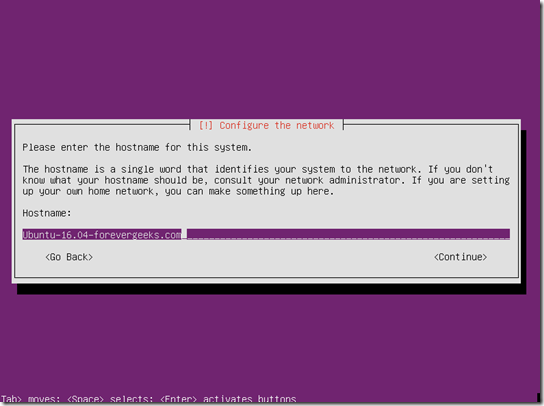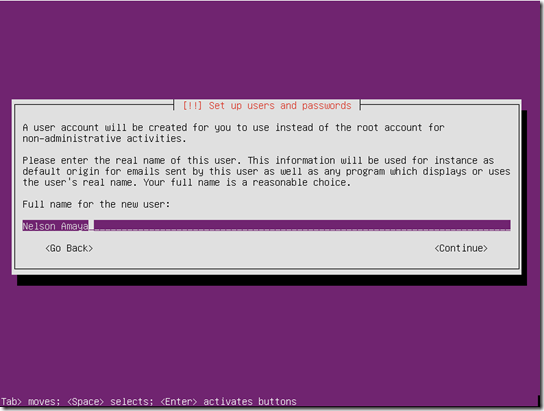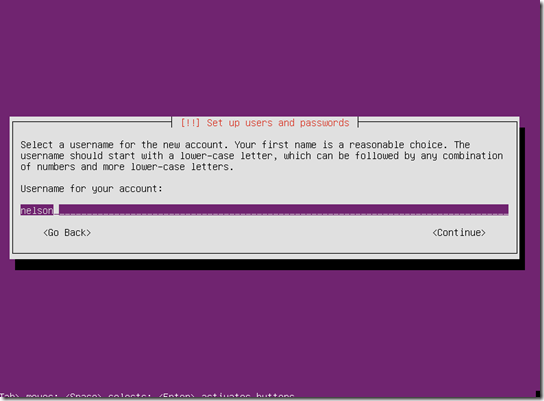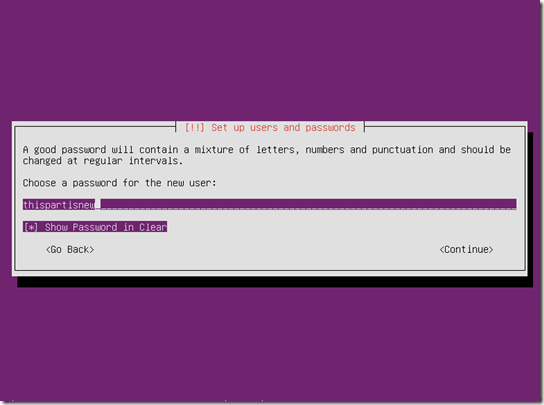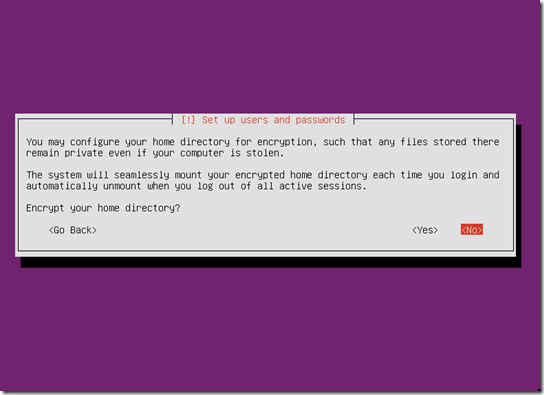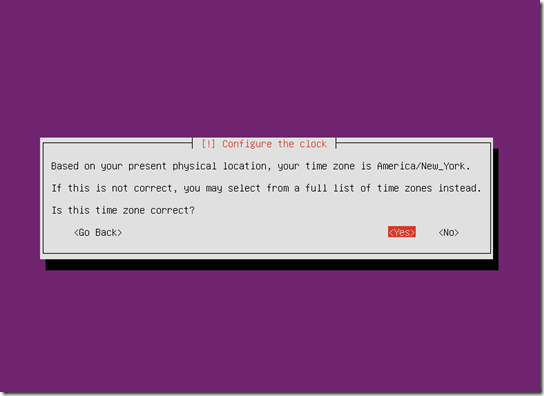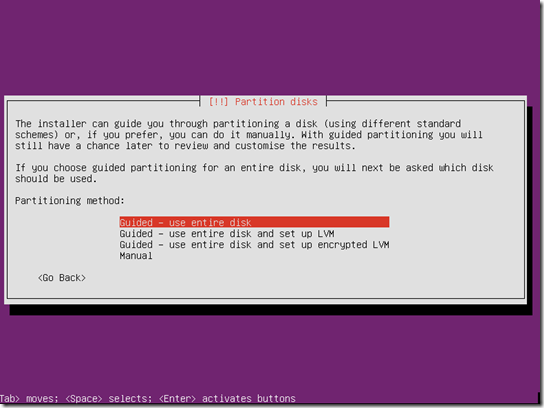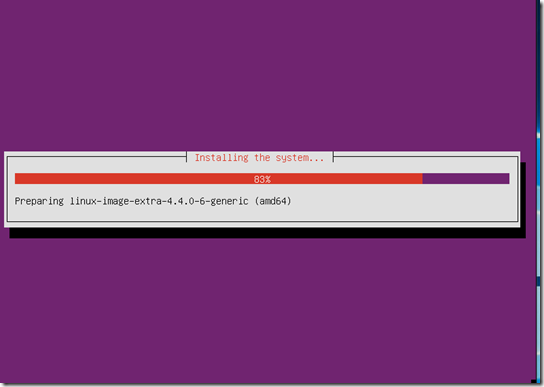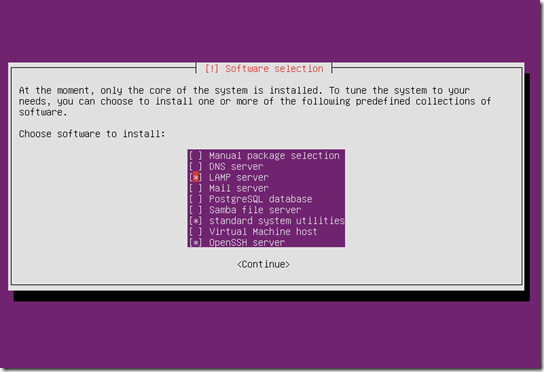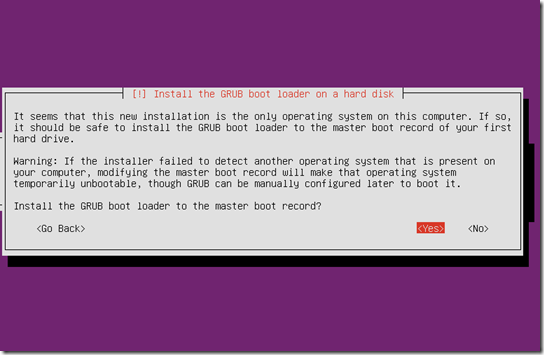Ubuntu 16.04 is the new upcoming long term support server release from Ubuntu. The final version is expected to be released April 21st 2016, almost a month and a half from now. Ubuntu 16.04 features the kernel 4.4 , PHP 7 with Apache 2.4.x, etc. In this tutorial I will go through step by step on how to install Ubuntu 16.04 server on a physical server or VM.
Getting the ISO image
Before April 21st, you can get the daily server image from this URL . After April 21st you can download the server image from the Ubuntu official website at this URL . If you are installing the server on a physical server, you need to burn the ISO image to a CD or USB drive ( Yupe! Ubuntu server 16.04 still fits in a CD-RW ) I’m using a Hyper-V VM for this tutorial.
When you first boot from the Ubuntu 16.04 image you get the “choose” language screen:
Choose your language, and hit Enter then choose the first option “Install Ubuntu Server”
Choose the Language again:
Select your location:
Choose No when detecting the keyboard layout:
Enter the host name:
Enter the user’s full name:
Enter username:
then enter the password ( the show password is clear option is new in Ubuntu. I haven’t seen that option before )
Choose if you want to encrypt the user home drive partition. I normally choose no:
Choose the time zone:
Partition your disks. I normally just choose to use the entire disk in one partition for these tutorials, but you might have different needs. Setup your disk partitions accordingly.
After you setup the partitions, the server installation should begin.
eventually you will get to the “Software selection” screen. I normally install the OpenSSH server, and this time I will install the LAMP stack to see what version of MySQL, Apache, and PHP is in this release:
Install the GRUB Boot:
Conclusion
It seems like the installation process for Ubuntu server 16.04 is almost the same as in previous releases so there is nothing new here. I was expecting to see some new changes, but taking into account this is a LTS release they kept it very conservative.
Was this article helpful?
Your feedback helps us improve our content.
6 people found this helpful!


